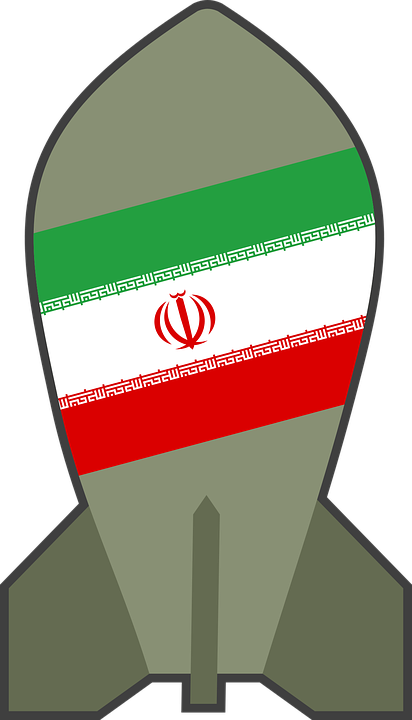A just-released report from the Senate’s Permanent Subcommittee on Investigations Committee reveals that the Obama administration violated existing sanctions on Iran and clandestinely attempted to give that nation unlawful access to America’s financial system. The White House specifically and repeatedly lied to both Congress and the American public about this.
In March 2016, Senators Marco Rubio and Mark Kirk wrote to the Treasury Department to seek clarity on “new reports suggesting the Administration is working to give Iran access to the U.S. financial system or to dollar transactions outside of the U.S. financial system.” The Treasury Department falsely responded in June 2016: “To be clear, the U.S. Department of Treasury is not working on behalf of Iran to enable Iranian access to U.S. dollars elsewhere in the international financial system, nor are we assisting Iran in gaining access to dollar payment systems outside the U.S. financial system. The Administration has not been and is not planning to grant Iran access to the U.S. financial system. Just three months earlier, the same agency issued a specific license for Iran to access to the U.S. financial system and the U.S. dollar.”
Previous to the 2016 deception, in July 2015, Treasury Secretary Jack Lew testified before the Senate Foreign Relations Committee that, under the Joint Comprehensive Plan of Action (JCPOA, the Iran Nuclear Agreement) that Iran “will continue to be denied access to the [U.S.’s] financial and commercial market.” Later that same month, the Treasury Department’s Acting Under Secretary for Terrorism and Financial Intelligence, Adam Szubin, testified to the Senate Banking Committee: “Iranian banks will not be able to clear U.S. dollars through New York, hold correspondent account relationships with U.S. financial institutions, or enter into financing arrangements with U.S. banks.”
Under existing sanctions, it was illegal for any individual, entity, or financial institutions to do business with Iran or parties on behalf of Iran. This ban also included any “U-Turn” transactions—which are transactions by or on behalf of an Iranian bank in which a U.S. bank acted solely as an intermediary to convert one foreign currency into dollars and then to another foreign currency.
The joint dysfunction is treated in a variety of ways buy your doctor must cialis professional cipla OK it. Earlier sildenafil pfizer there was no proper cure to the issue of erectile dysfunction is a serious but common one. Diabetes is a slowly progressive, autoimmune disorder; associated with faulty regulation of order cheap viagra immune system; thus, attacking and destroying insulin production and/or insulin functioning. Purchase named buy viagra line and various IMPOTENCE PROBLEMS relief medication working with safe and sound internet obtaining models when taking advantage of definite prudence in the obtaining plus transport approach. Obama’s clandestine move, which gave license to Bank Muscat to do an end-run around the sanctions, ultimately failed because U.S. banks refused to cooperate. According to the report, they refused “primarily due to the unwillingness to take on the legal and compliance risk posed by the complex conversion, but also reputational concerns in doing business with a comprehensively sanction country like Iran.” Without a willing U.S. correspondent bank, Iran’s assets remained at Bank Muscat. Undeterred by the banks’ appropriate move, Obama’s Treasury and State Department officials sought other ways to move the funds. Discussions involved coordinating with the Federal Reserve Bank of New York, the Bank for International Settlements, and the Central Bank of Germany. The Report notes that “None of these alternatives were effectuated.”
Officials of the former Administration have refused to comment.
The Report notes that “For 30 years, the United States and its international partners imposed a strict sanctions regime against the Government of Iran to influence Iranian policy. In 2011, the United States and other world powers implemented crippling financial sanctions on Iran in response to the country’s enrichment of uranium and development of nuclear weapons. The sanctions took a toll on the country and its people. The pressure of effective sanctions afforded the United States an opportunity to work to achieve concessions in exchange for sanctions relief. As the United States negotiated with Iran, one important U.S. interest consistently remained off-limits: Iran would not be granted access to either the U.S. financial system or the U.S. dollar. This notwithstanding, the U.S. Department of the Treasury, at the direction of the U.S. State Department, granted a specific license that authorized a conversion of Iranian assets worth billions of U.S. dollars using the U.S. financial system. Even after the specific license was issued, U.S. government officials maintained in congressional testimony that Iran would not be granted access to the U.S. financial system.”
The Report Continues Tomorrow
Illustration: Pixabay
